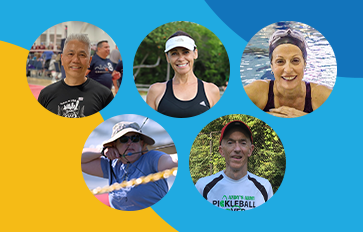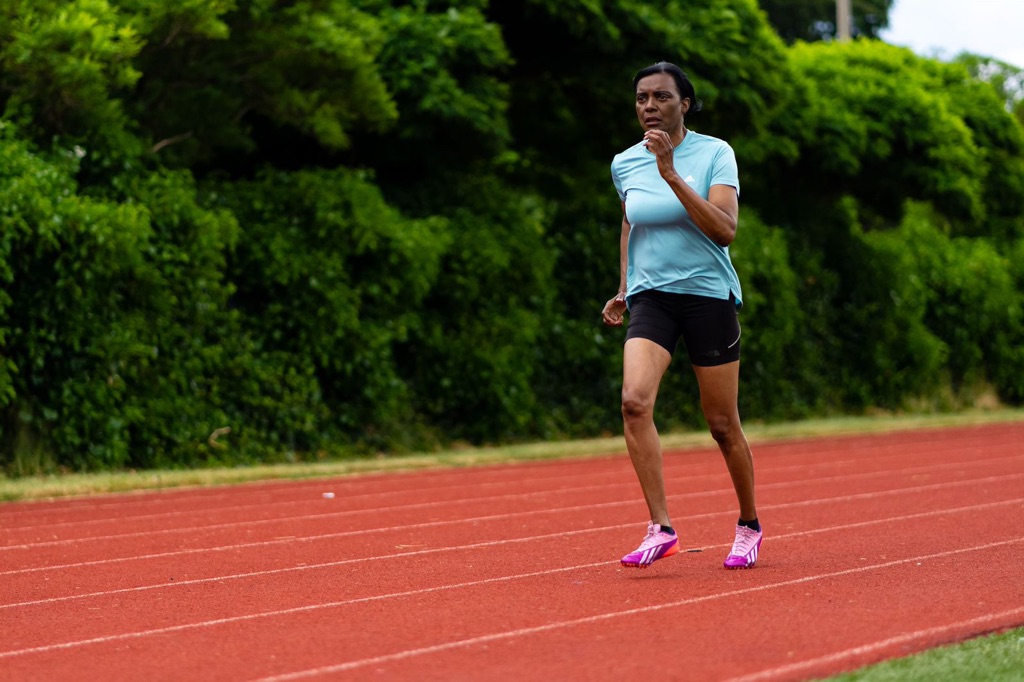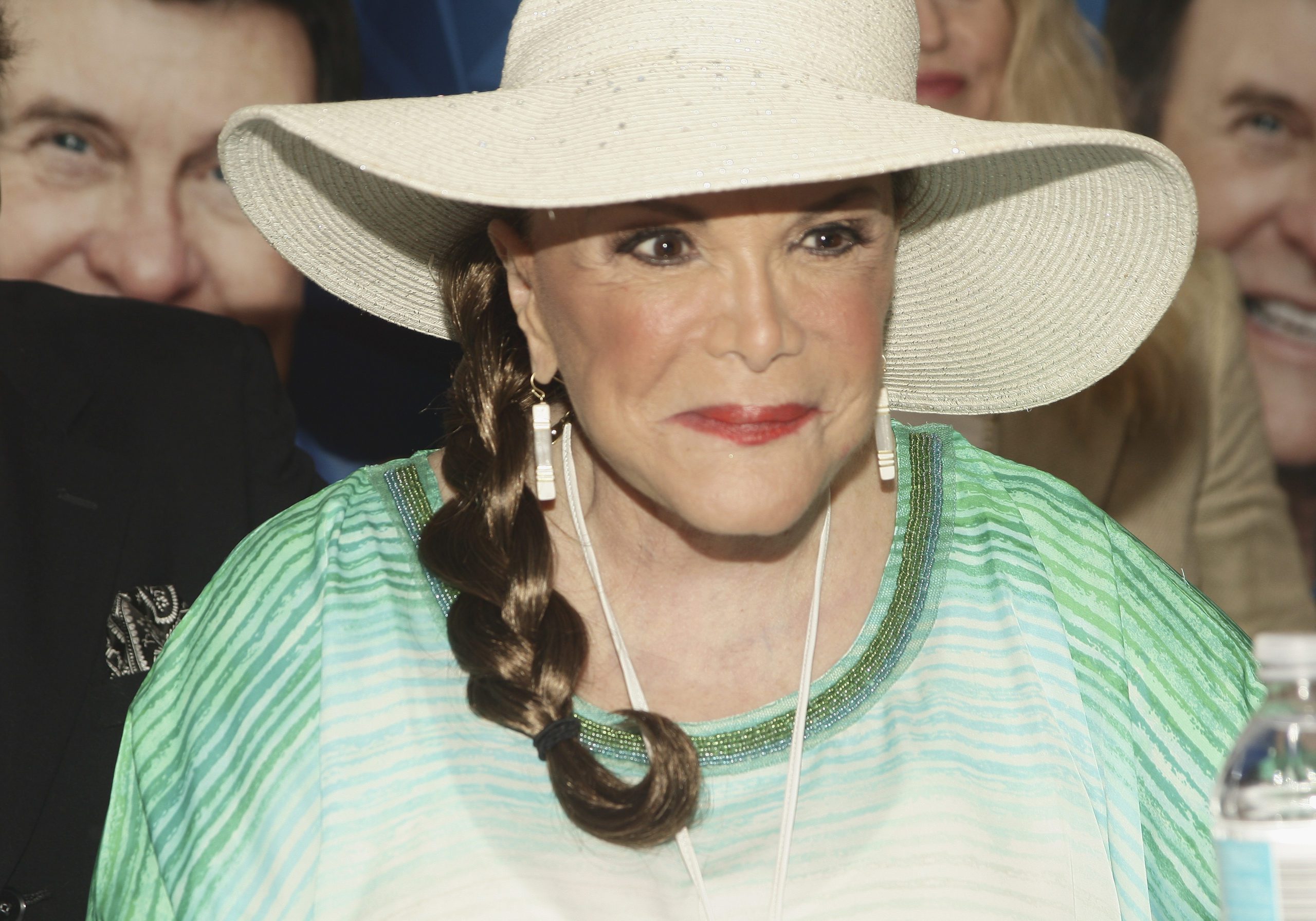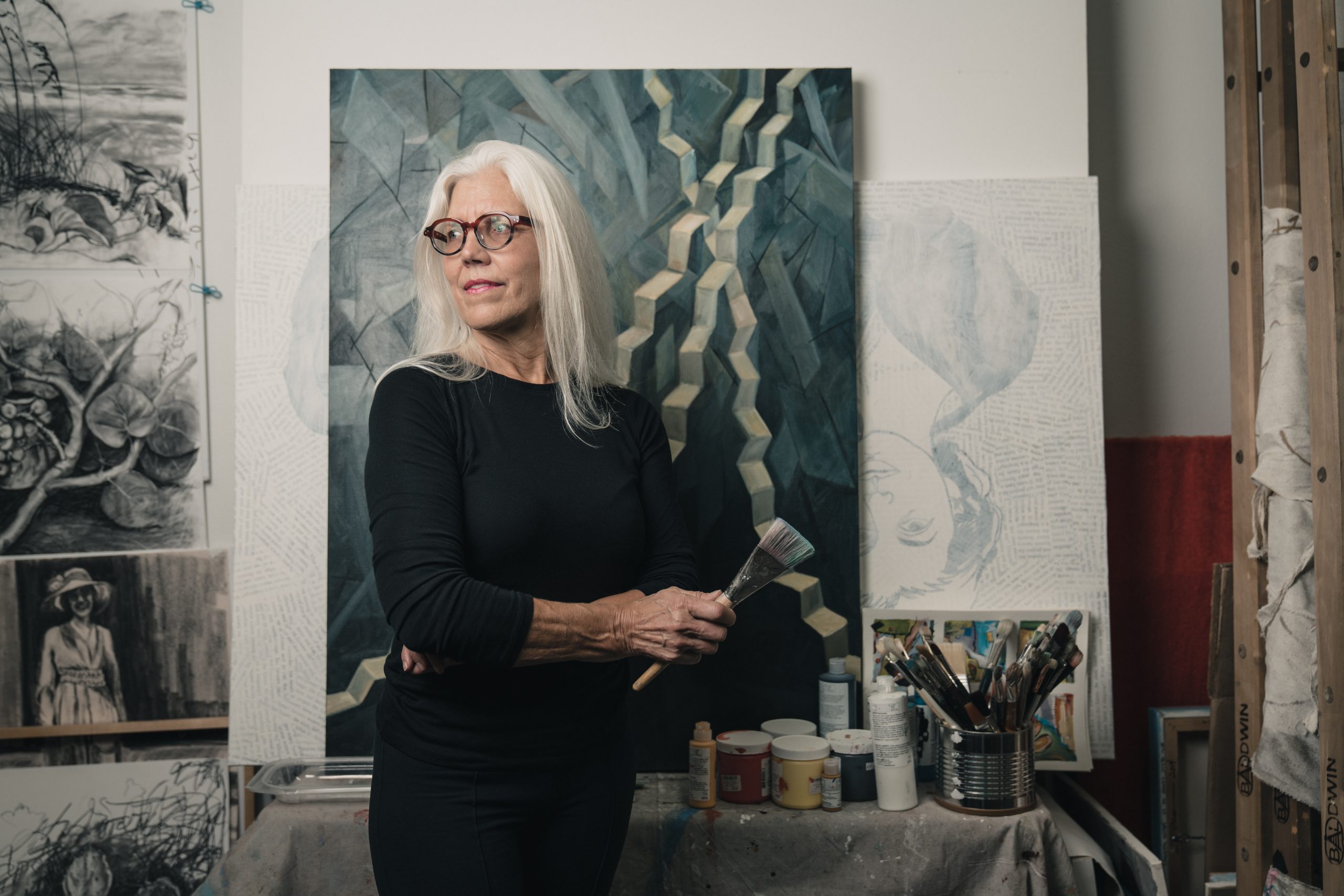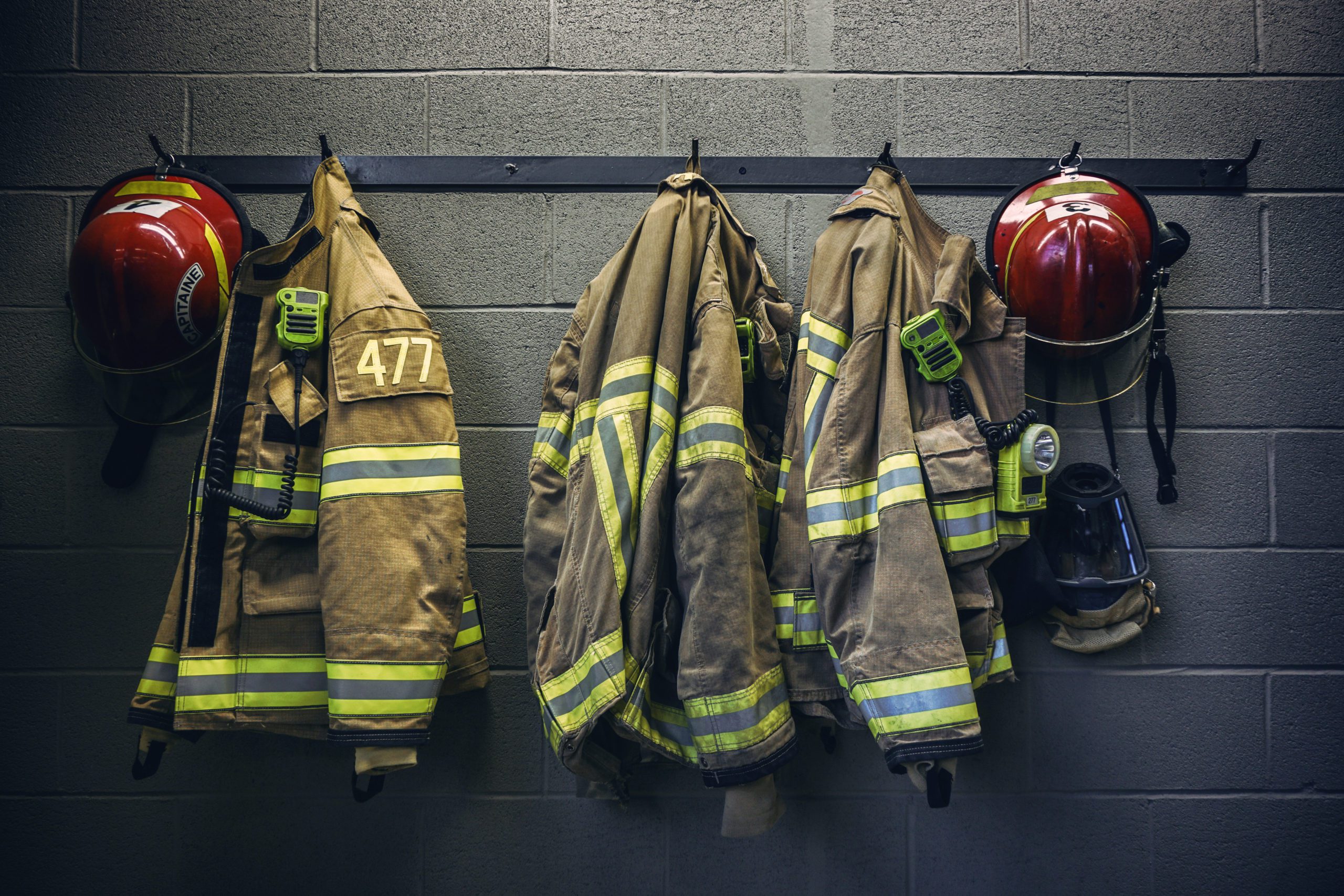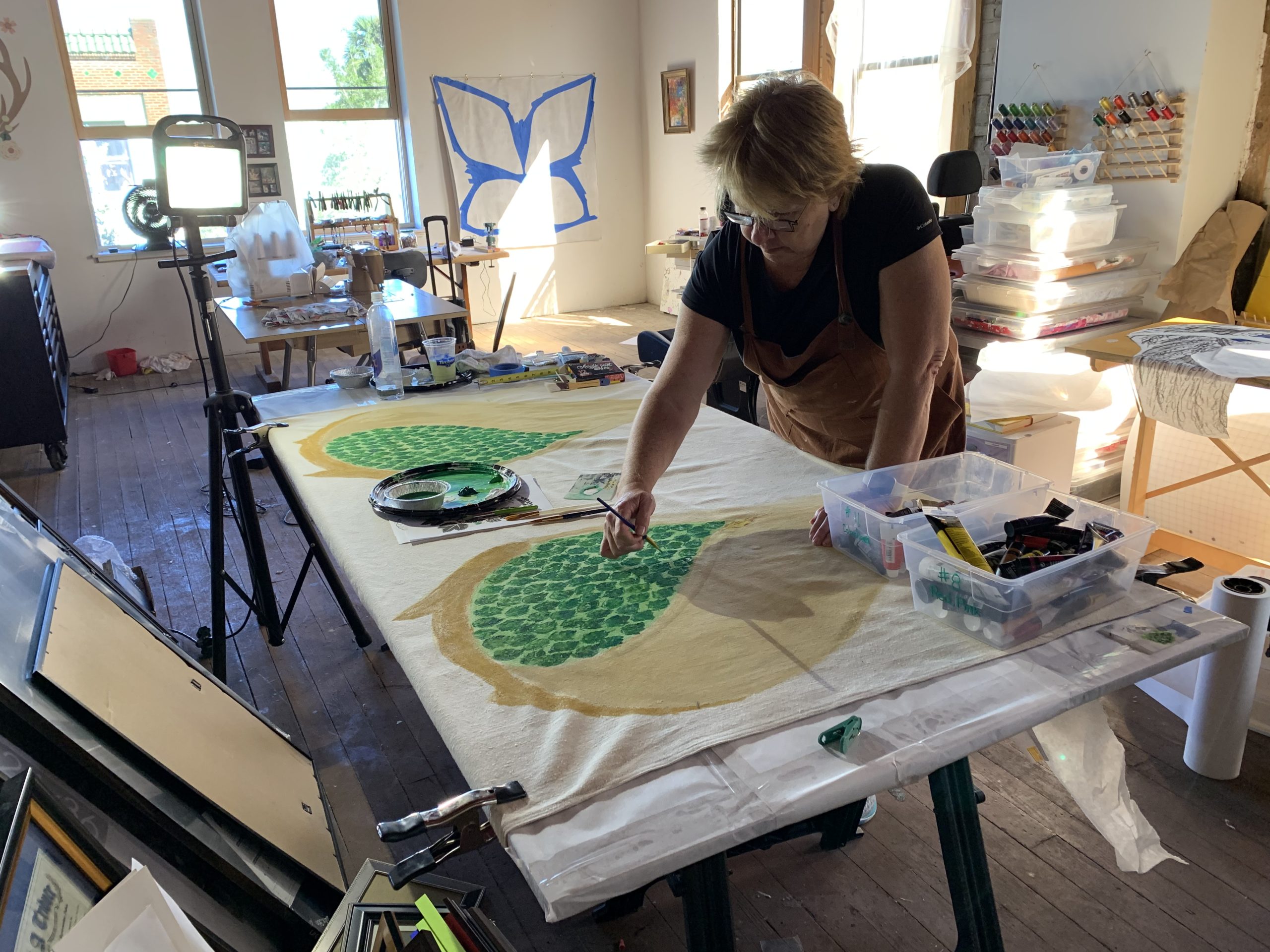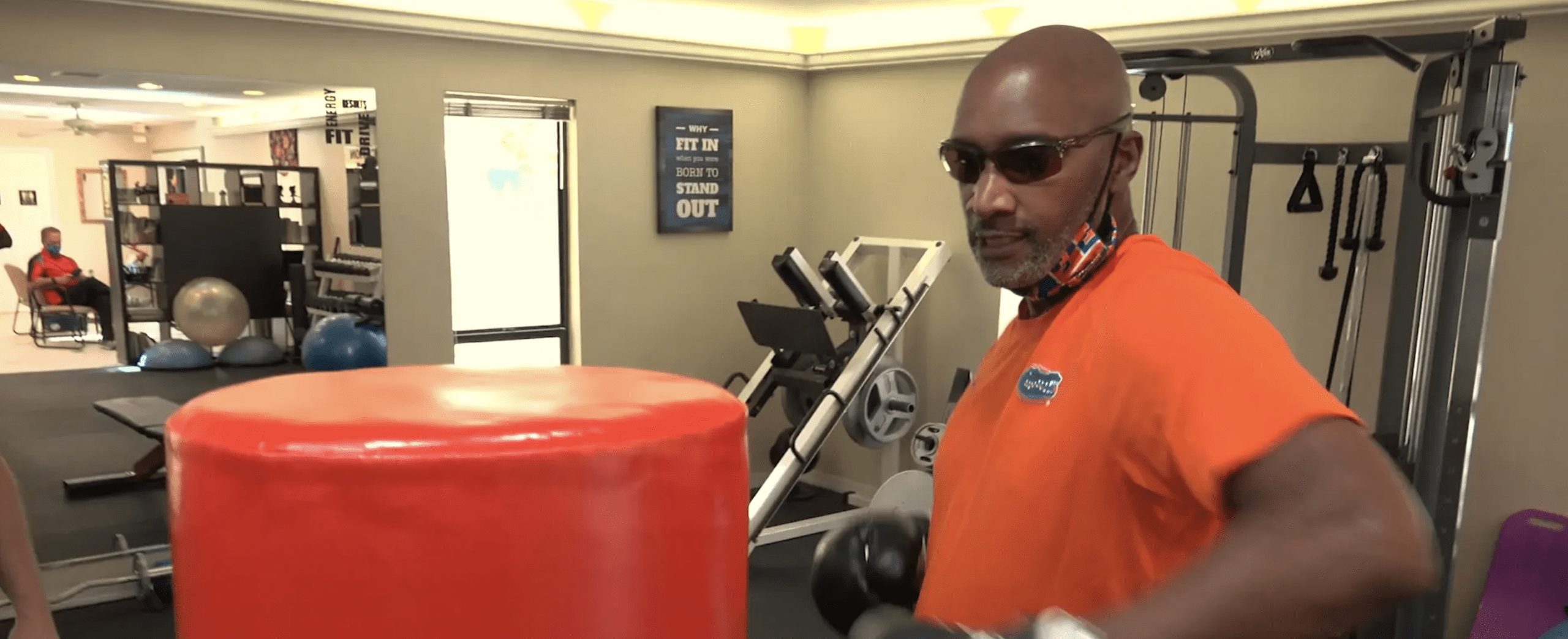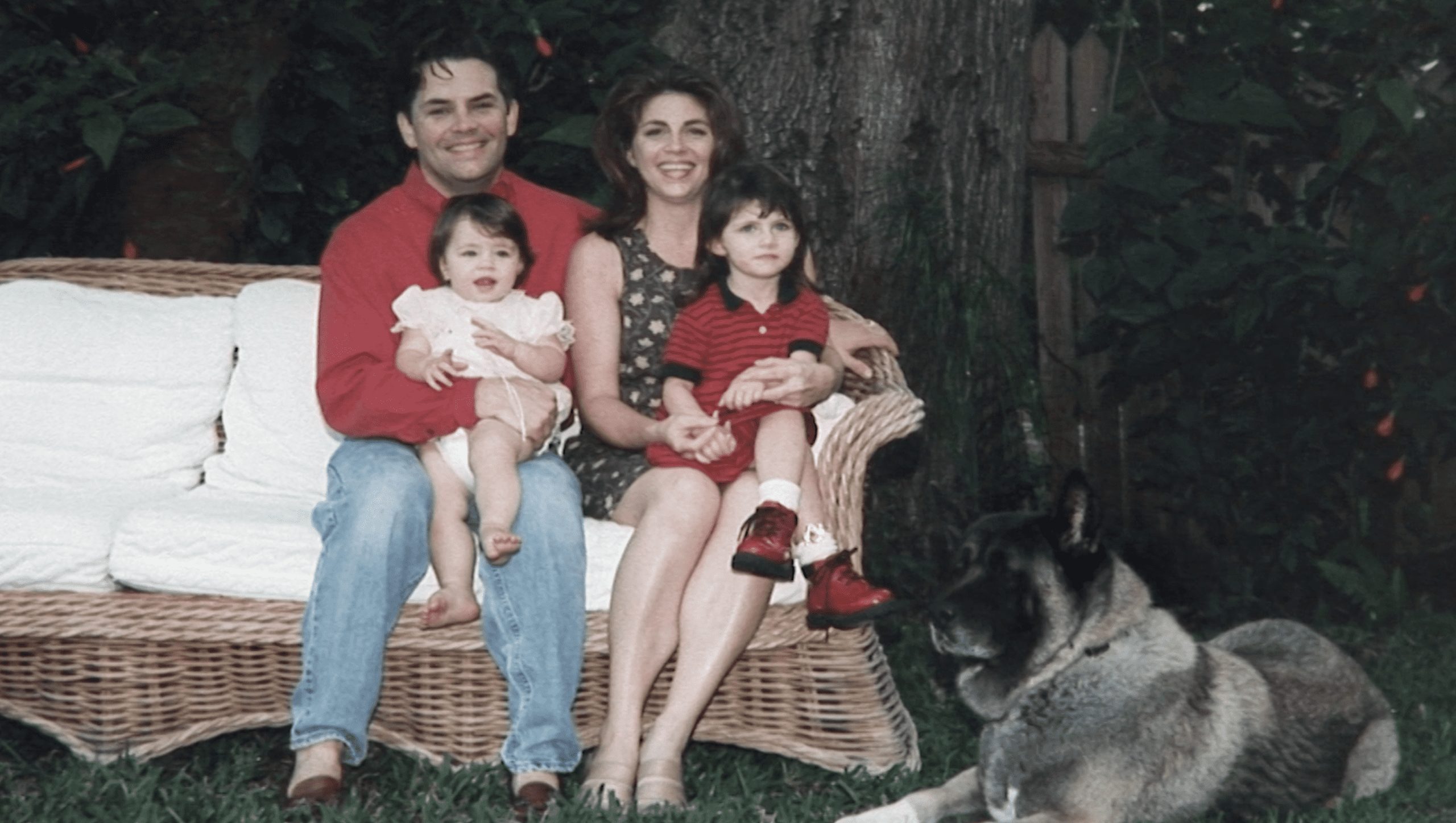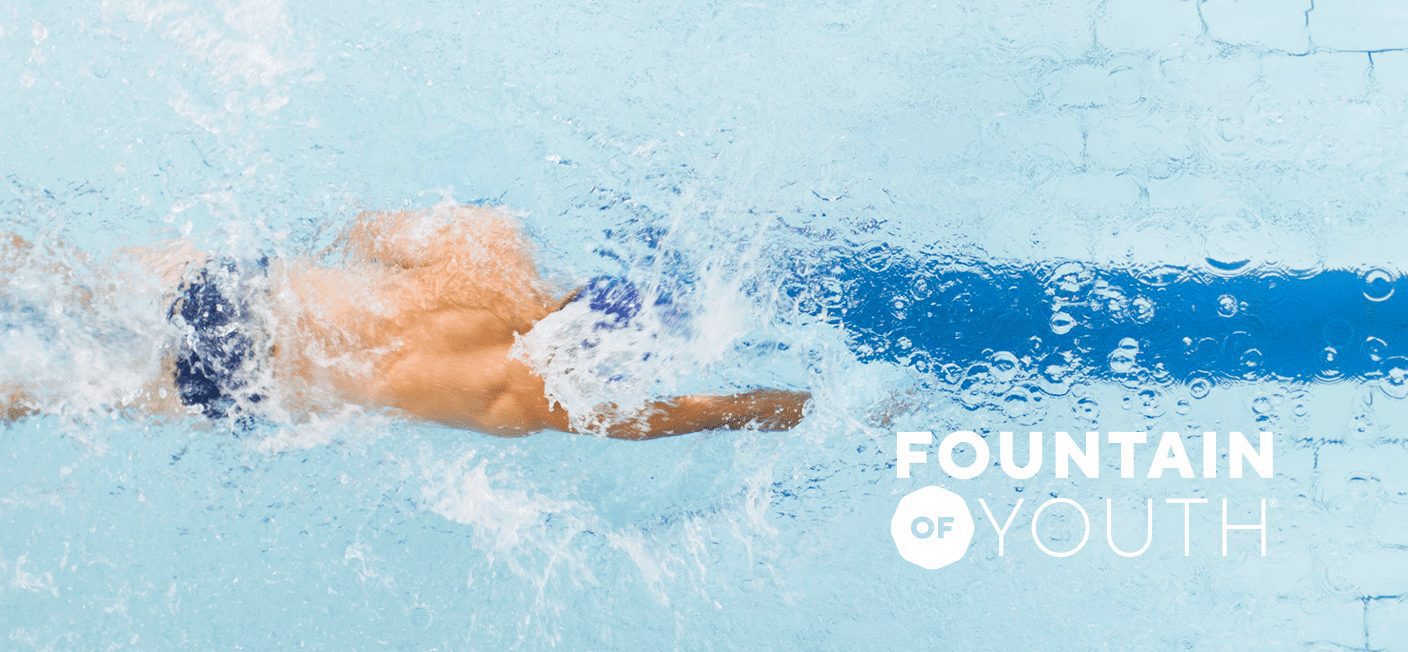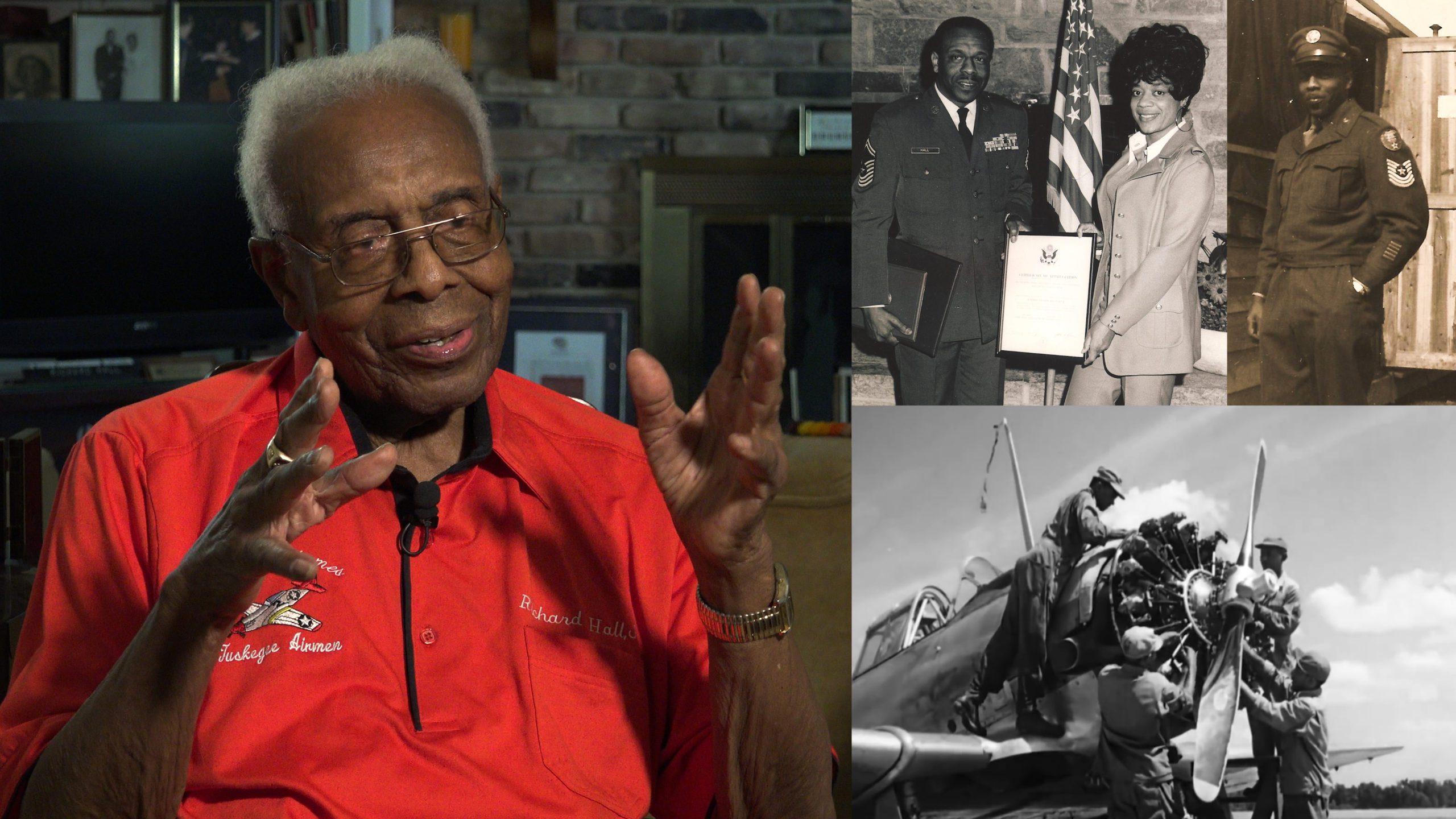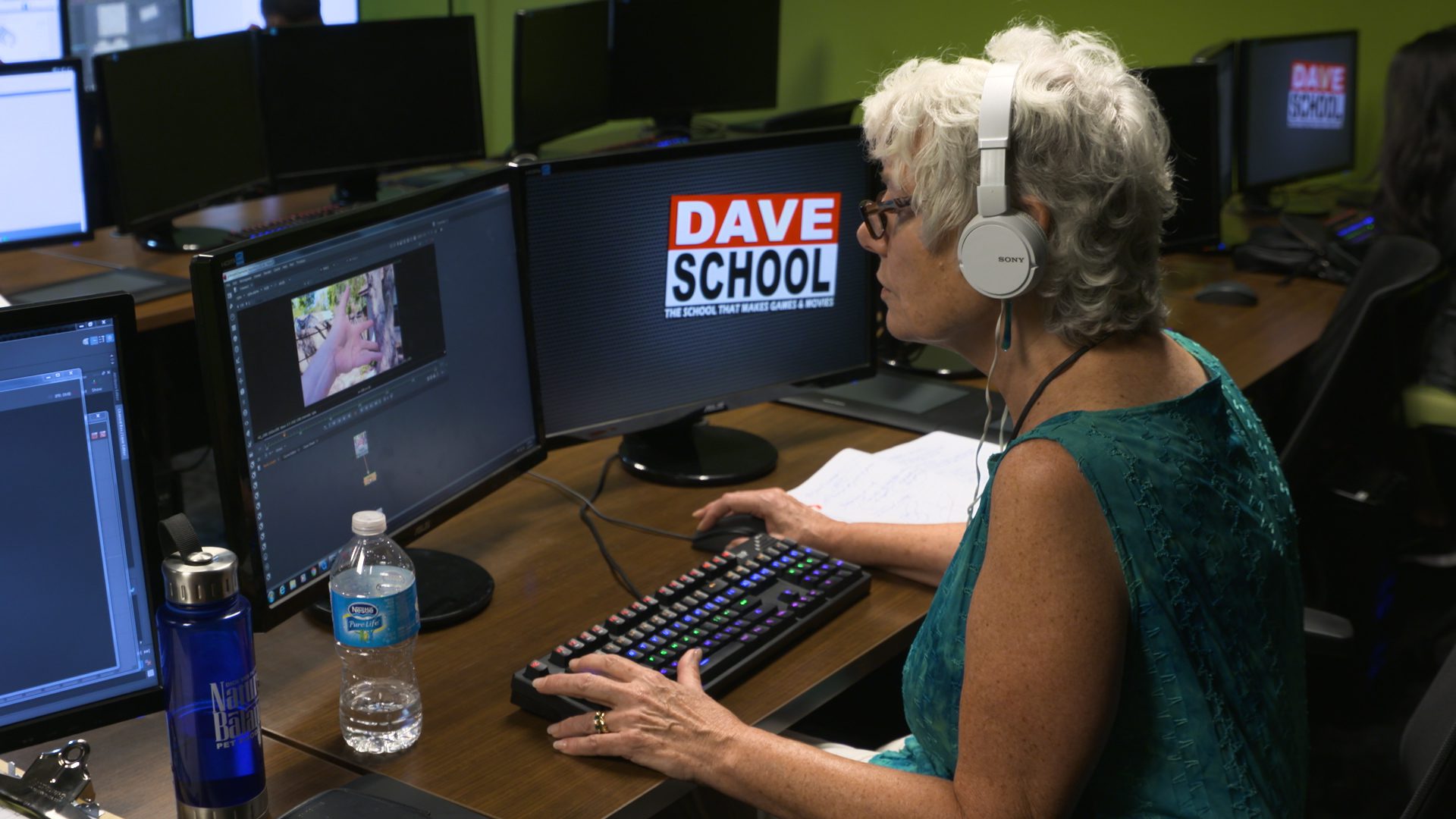Last Updated on March 26, 2024
It would be understandable to think that the 12,000 participants in the 2022 National Senior Games are the lucky ones, people who have somehow avoided the challenges of age; but that would be a mistake. Those who stay active can suffer from aches and pains, diseases, disabilities and unexpected life events just like anyone else. But there is growing evidence to suggest vigorous physical activity can minimize the effects, aid in recovery and ease discomfort in ways that allow people to continue to live vibrant lives. Here are a few inspiring examples of those who are surviving and thriving.
Rick Burrows
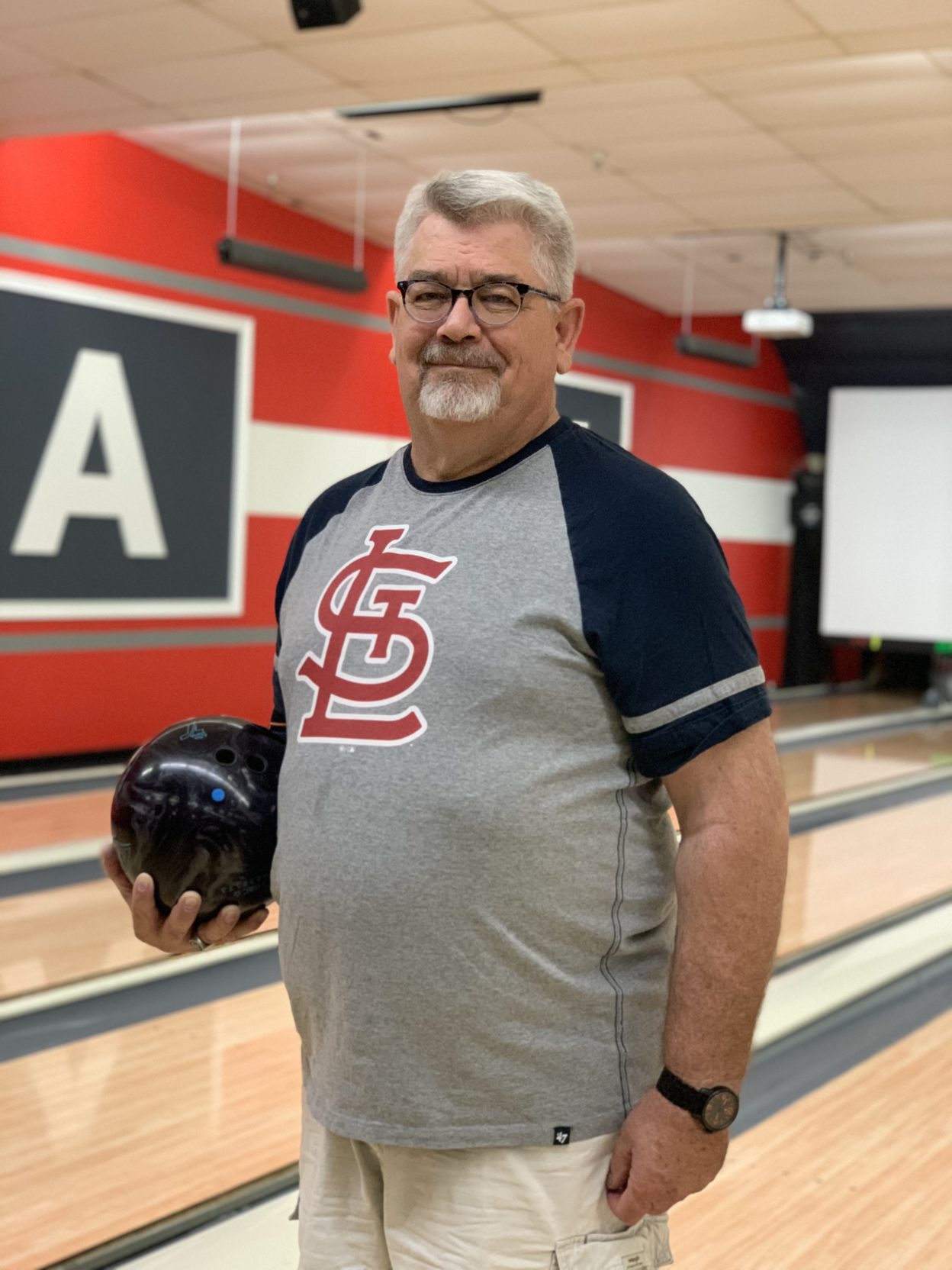
Bowling has always been a source of physical therapy for Rick Burrows. It helped him rebound following hip and knee replacements and back surgery. But the rehabilitation from those was nothing like what he experienced following contracting Covid-19 virus in 2020.
Burrows was on a ventilator for 16 days and nine of those days he was on ECMO, which circulates blood through a machine to exchange carbon dioxide and deliver oxygen. Following rehab, he was on oxygen for seven weeks at home. Burrows still suffers from shortness of breath, constant fatigue and brain fog. It was a long road, but the 60-year-old made it to Fort Lauderdale, his fifth National Senior Games — not in search of medals but to connect with competitors that have become friends over the years.
“For me, it’s a milestone. It is an achievement to even be here, because a year ago I was barely able to get a pick up a bowling ball to throw it. I’m working on getting back my form, and being able to enjoy the time here with my friends. They knew how bad things had gotten, and they were so happy to see me. The friendships are priceless and the experiences are so much fun.”
Sheri Bryne-Haber
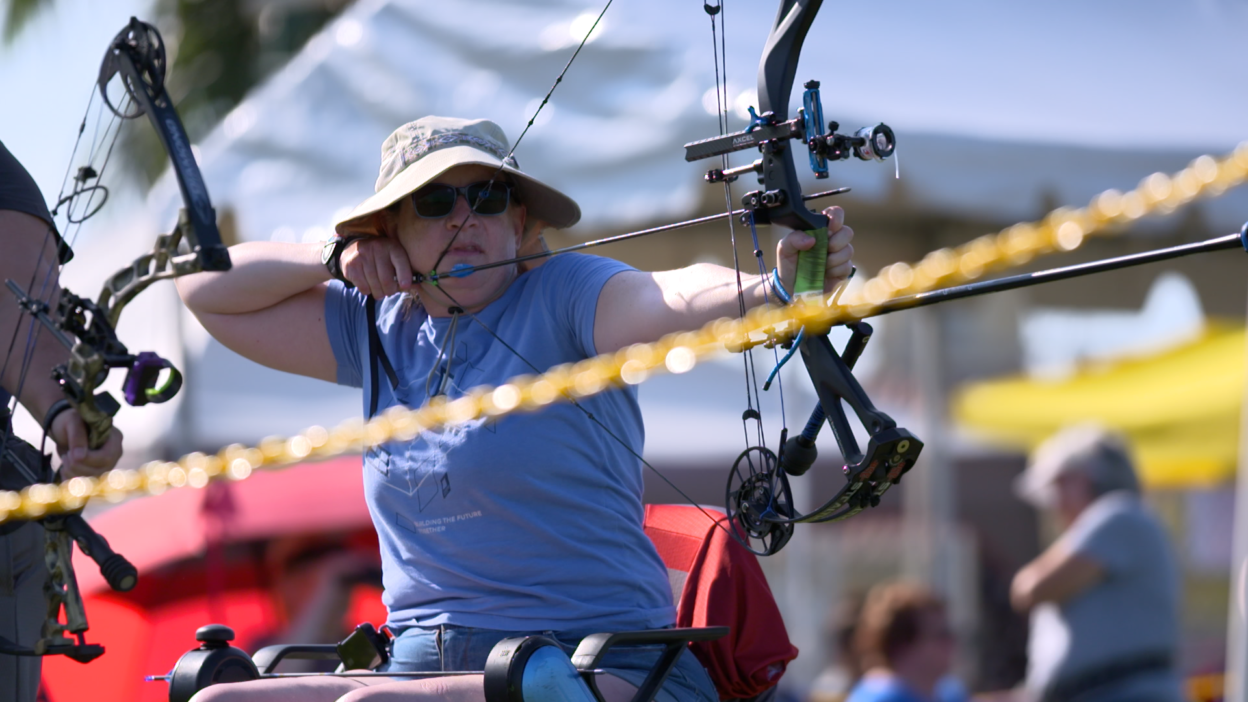
Sheri Bryne-Haber, 57, has only been an archer for a few years but has lived her entire life with Spina Bifida. She was born with club feet and a spinal issue called kyphoscoliosis, requiring her to use a wheelchair. Bryne-Haber has found that archery levels the playing field and offers her a competitive outlet alongside able-bodied athletes.
“It’s objective,” Bryne-Haber said. “There are no judges who are going to say, ‘Well, you’re not pretty enough,’ or ‘you’re not graceful enough.’ You’re either on the line or you’re not. I like that people in wheelchairs can compete equally with people who don’t have disabilities.”
“I’m in much better shape than I was three years ago. I feel better. I have more energy. And I can’t meditate worth a damn, but on the archery range, that’s my mindfulness, that’s where I get my peace from. It’s kept me a little bit sane during all the chaos over the last couple of years.”
Andy Leighton
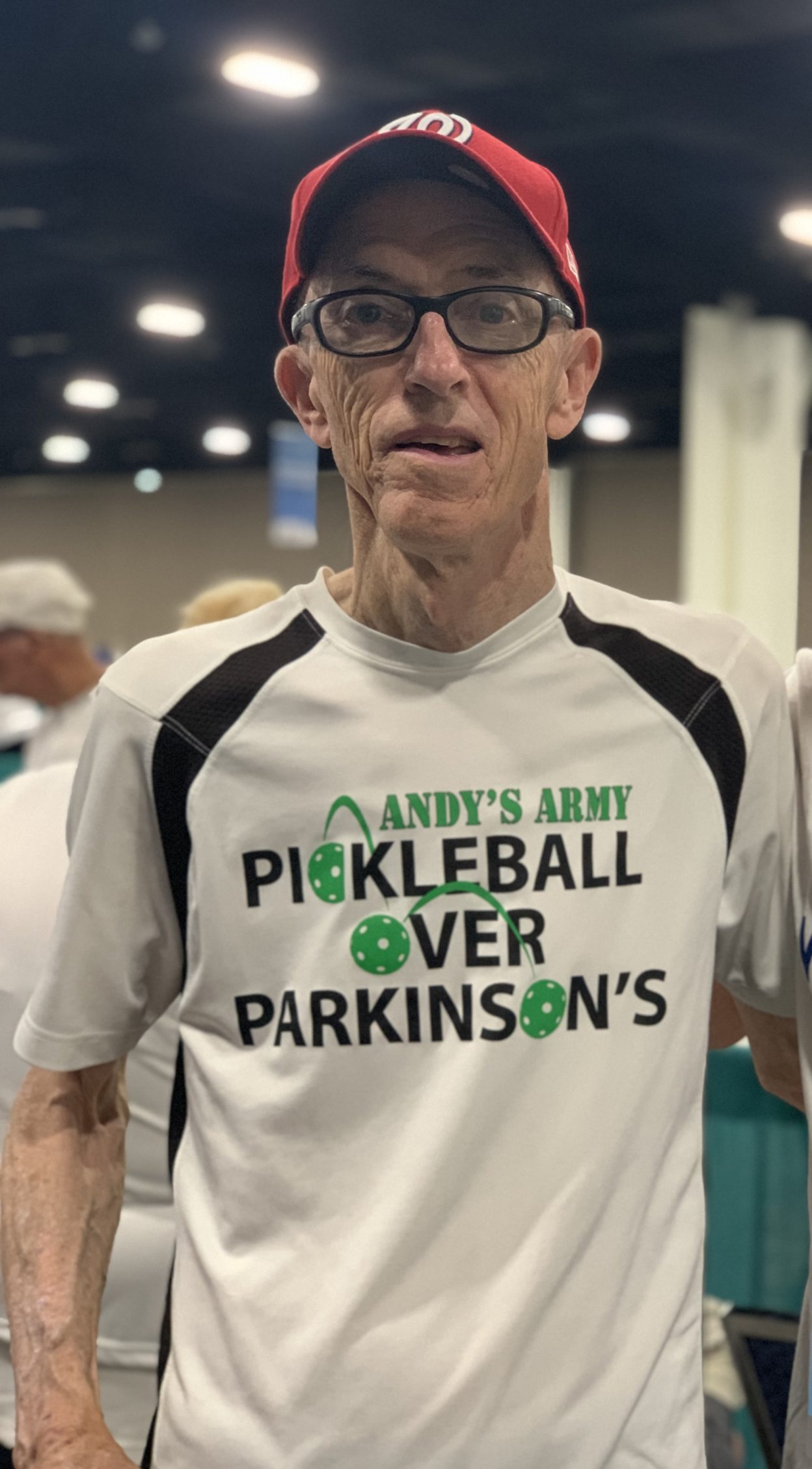
When Andy Leighton, 74, was diagnosed with Parkinson’s he went into a serious depression. Tremors made it impossible for him to continue to play his favorite sport, tennis. As a progressive, incurable disease, thinking of what he might have to give up pushed him deeper into darkness. He feared the enjoyable part of his life was over. But Leighton’s wife, Helen, refused to let him give up. She learned that exercise helps minimize Parkinson’s symptoms, so she pushed him into playing pickleball. The hand-eye coordination and quick movements required helped Leighton’s strength and balance. Playing returned his confidence and reignited his joy of life. He started Pickleball Over Parkinson’s to share his message of hope and to inspire others to get active.
“Parkinson’s and pickleball are totally incompatible; one wants to slow you down, the other wants to speed you up,” explained Leighton. “So, every day is kind of a contest between me and Parkinson’s, and every time I play I feel like I’ve defeated it for another day.”
Tien Nguyen
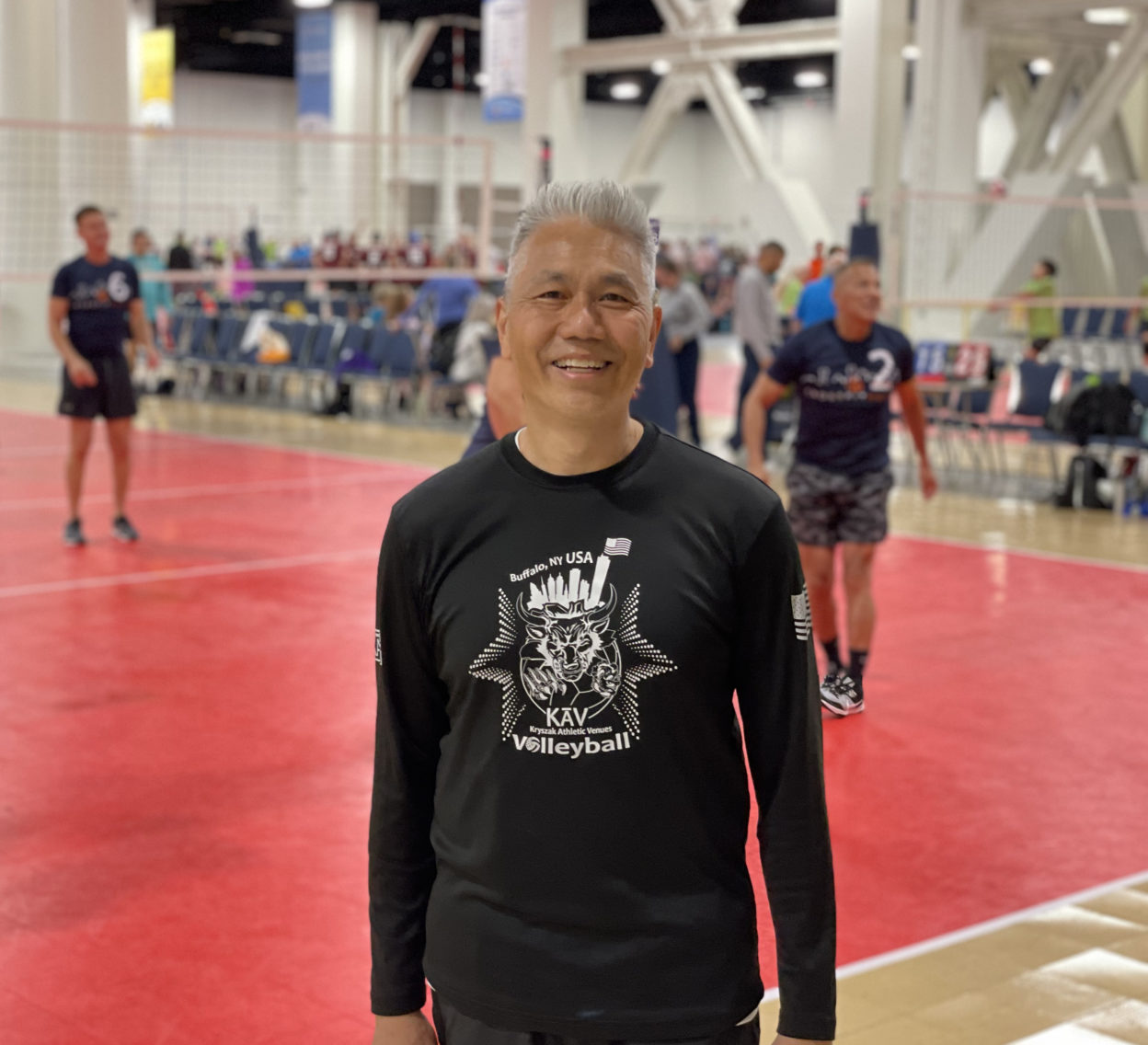
At 57, Tien Nguyen was in the best shape of his life. Part of the reason was Volleyball. His Kav Buff Roc team from Buffalo and Rochester New York is ALWAYS one of the best. It’s why Tien couldn’t believe it when he felt a heaviness in his chest that scared him enough to see a doctor. He underwent emergency double bypass heart surgery. But because his weight, blood pressure, body fat and other factors were in his favor, his recovery was quick and complete. Now at 61, playing against 50-year-olds, his team once again won gold.
“I did everything right, yet I still had a 90 percent blockage,” said Nguyen. “The doctor told me that if I didn’t play volleyball and work out that I would be dead. My condition is why I survived and why to this day I have never felt better.”
Chris Powers
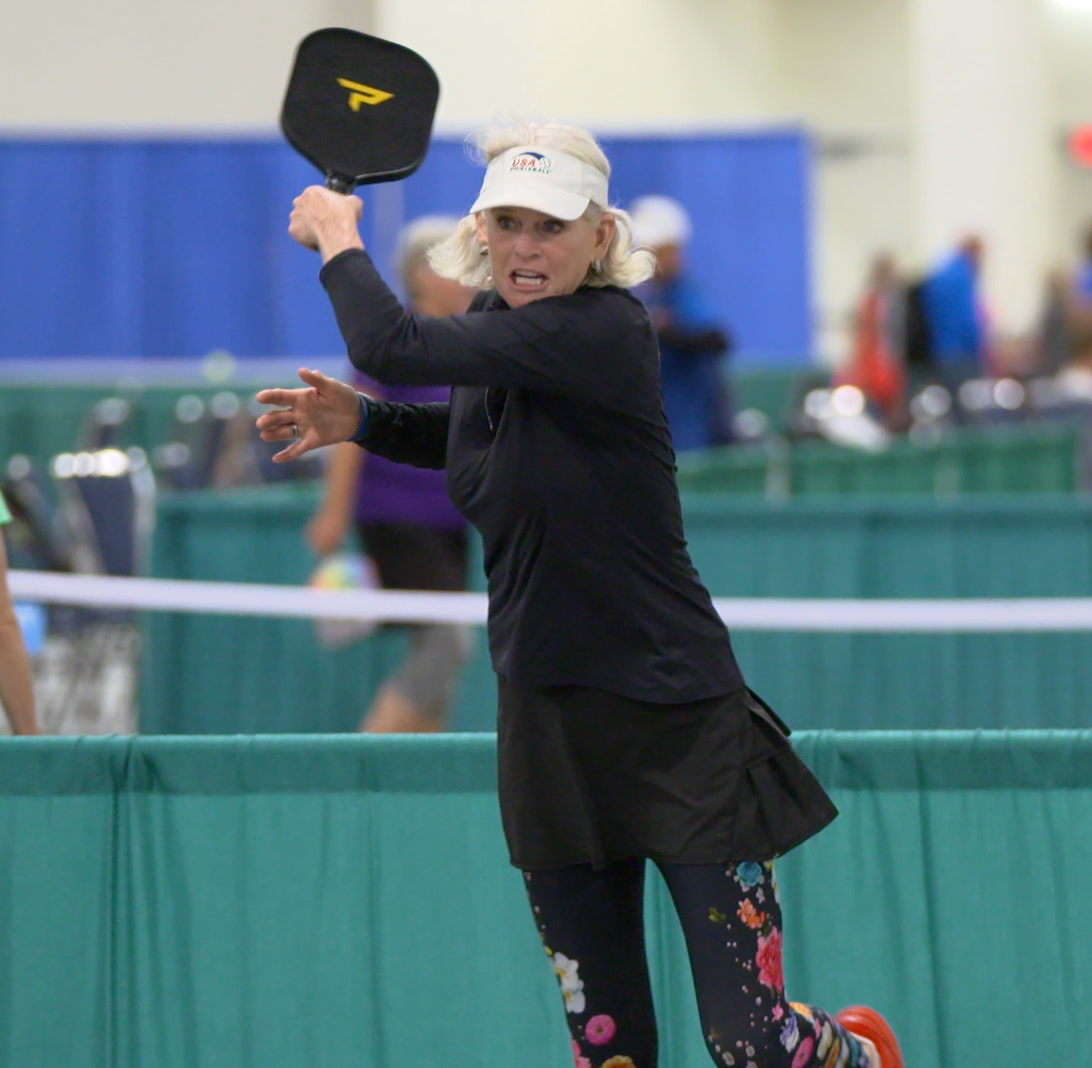
Chris Powers began playing pickleball four years ago, and the former tennis player picked the game up quickly. Now a Professional Pickleball Association (PPA) ranked player, she competes regularly in national competitions, consistently earning medals in women’s singles, doubles and mixed doubles. Yet, it’s more than the sport itself that she loves. It’s also the community she’s found. Being a part of it has helped her continue on following her husband’s recent death.
“I lost my husband in January and pickleball to me is family. Pickleball tournaments are what keeps me going. I play for him.
“In my grieving process, it’s been amazing. This is the thing that brings me the joy. And then in my moment, so quiet, I deal with the sadness. You just have to keep going. And you have to think about, when you do lose somebody, they don’t want you to be sad. They live their whole life wanting you to be happy. So, I’m doing my best.”
Maria Schreiber
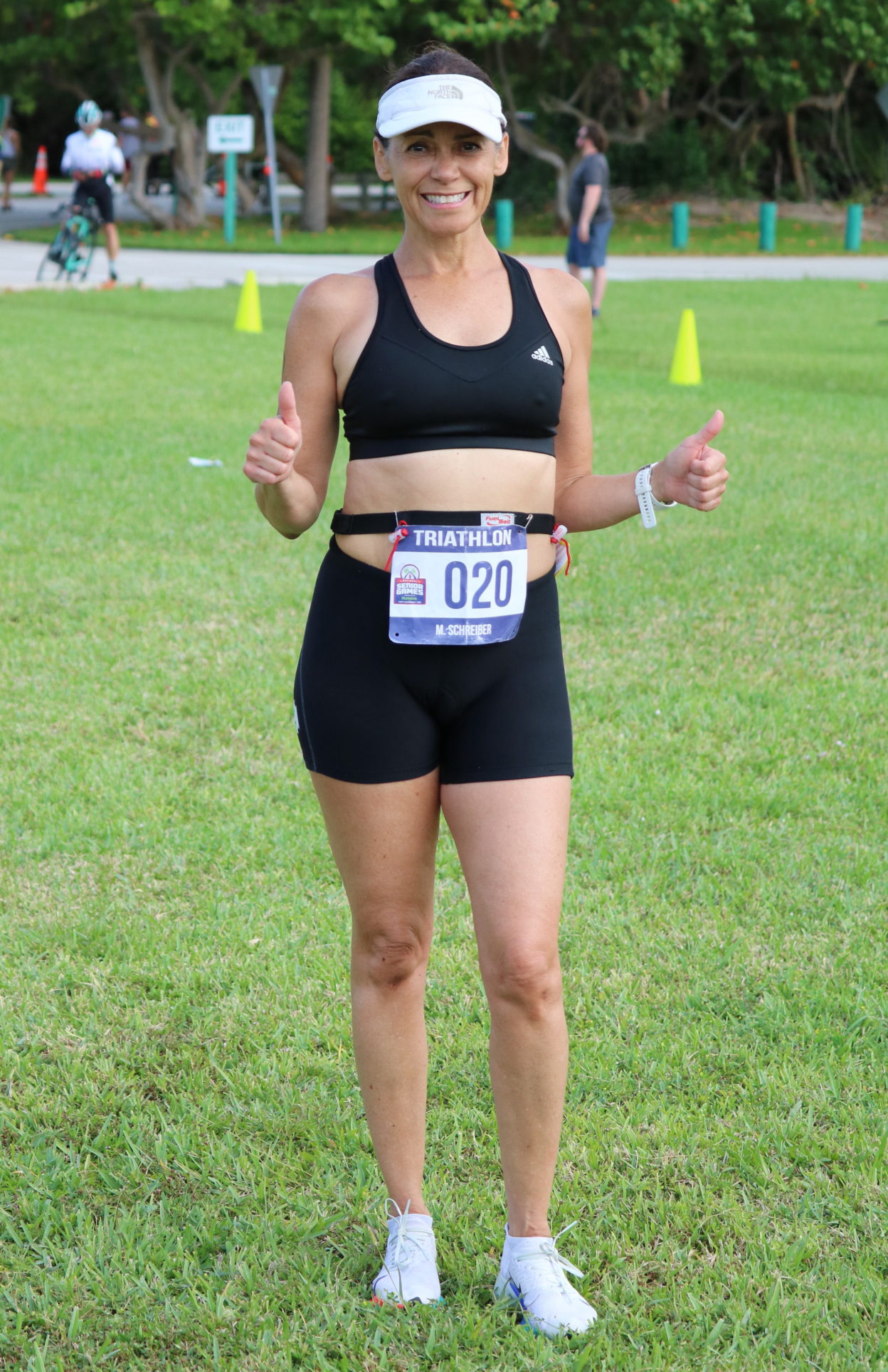
Maria Schreiber, 58, started running six miles to work every day simply just to avoid taking the often late, always overcrowded Chicago 151 bus. Soon her work runs led to marathons, which led to triathlons. Her newfound love of fitness gave her an important emotional outlet for the stress of daily life.
“I’ve had some really dark times in my life where things happen to me and I always would just get up,” Schreiber said.
“My husband left me, I had three little kids. During that time my brother was in the Iraq war. He was losing soldiers and there was one that we got to know that had just died and I was balling. I’m like, ‘I’m just going to ball on the run.’ I can cry in the woods. You know, just get it out of my system. Like, ‘This is so unfair.’ Then you just kind of pick yourself up each day.
“Once you get going, the endorphins kick in and you’re just like, ‘I did it. I did it.’ I conquered today’s self-doubt or today’s thing, today’s obstacle.”
Click here to read more stories from the 2022 National Senior Games and to watch all of Growing Bolder’s live daily wrap-up shows and athlete features.


